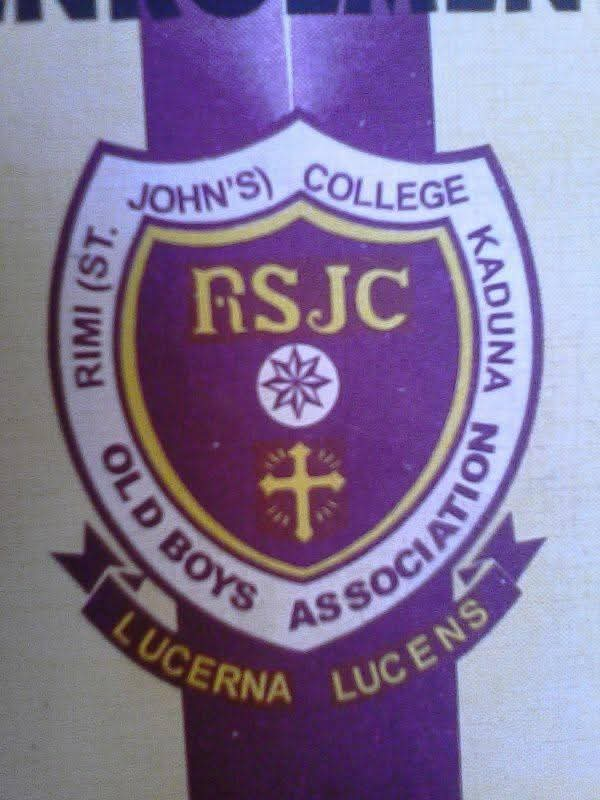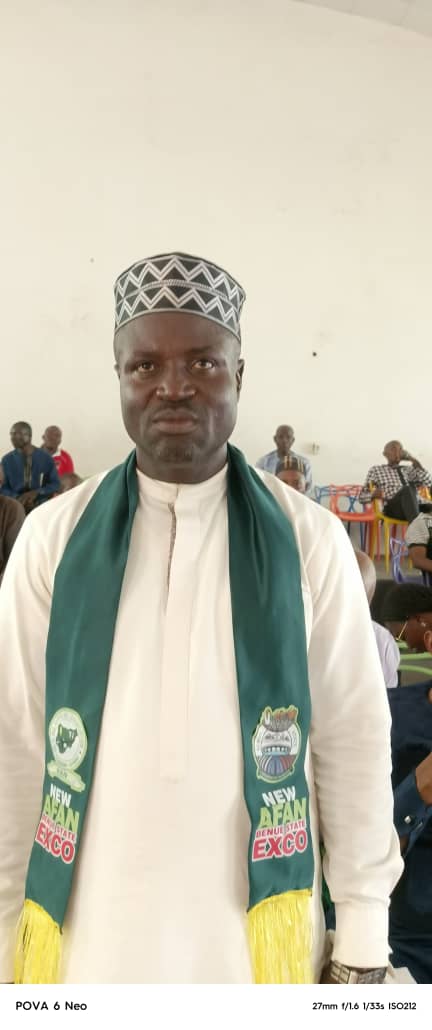By Keziah Mbohok
A museum is an institution dedicated to the collection, preservation, and exhibition of objects of historical, scientific, artistic, or cultural significance. They serve as repositories of knowledge, providing a space for the public to learn about and engage with a wide range of subjects, from art and history to science and technology.
There are various types of museums, including, Art museums, History museums, Science museums, Natural history museums, and Specialized museums.
Museums play vital roles in society, offering numerous benefits, such as:-
Preservation of Heritage: Museums collect and preserve artifacts, documents, and other objects of historical and cultural significance, ensuring their safekeeping for future generations.


Education and Learning: Museums provide a platform for people to learn about various subjects, promoting education, understanding, and appreciation of different cultures, histories, and scientific concepts.
Cultural Exchange: Museums facilitate cultural exchange and understanding by showcasing diverse perspectives, traditions, and achievements from around the world.
Community Engagement: Museums often serve as community hubs, hosting events, exhibitions, and programs that foster social interaction, engagement, and a sense of community.
Research and Scholarship: Museums support research and scholarship, providing access to collections, expertise, and resources for scholars, researchers, and students.
Tourism and Economic Benefits: Museums can attract tourists, generating revenue and contributing to local economies.
In a nutshell, museums are essential institutions that promote learning, cultural understanding, and community engagement, while preserving our collective heritage for future generations.
Unfortunately, these museums, especially in the 21st century, are faced with some challenges that call for urgent and drastic solutions to enable the benefits mentioned above improve the well-being of the society.
*The Challenges
Digital transformation: Museums must adapt to rapidly changing digital technologies, such as online platforms, social media, and digital exhibitions, to engage audiences and preserve collections.
Accessibility and inclusivity: Museums need to ensure that their physical and digital spaces are accessible and inclusive for diverse audiences, including those with disabilities.

Funding and sustainability: Museums face funding constraints and must develop sustainable business models to maintain operations, exhibitions, and collections.
Relevance and engagement: Museums must stay relevant and engaging for modern audiences, particularly younger generations, by offering interactive and immersive experiences.
Diversity and representation: Museums need to address issues of representation, diversity, and cultural sensitivity in exhibitions and collections, ensuring that diverse voices and perspectives are represented.
*Future Directions
Embracing technology: Museums should embrace emerging technologies to enhance the museum experience and engage audiences.
Fostering inclusivity: Museums should prioritize inclusivity and diversity, ensuring that diverse voices and perspectives are represented in exhibitions and collections.
Community-centered: Museums should focus on community-centered approaches to museum programming and exhibitions, engaging with local communities and stakeholders.
Continuous learning: Museums should prioritize continuous learning and professional development for museum professionals, staying up-to-date with best practices and emerging trends.
Sustainability: Museums should prioritize sustainability and environmental responsibility in museum operations and practices, reducing their environmental impact and promoting sustainable practices.
By understanding these challenges and opportunities, museums can develop effective strategies to stay relevant, engaging, and impactful in the 21st century.
Keziah Mbohok is the Chief Antiquity Protection Officer with National Museum Jos, Plateau.





